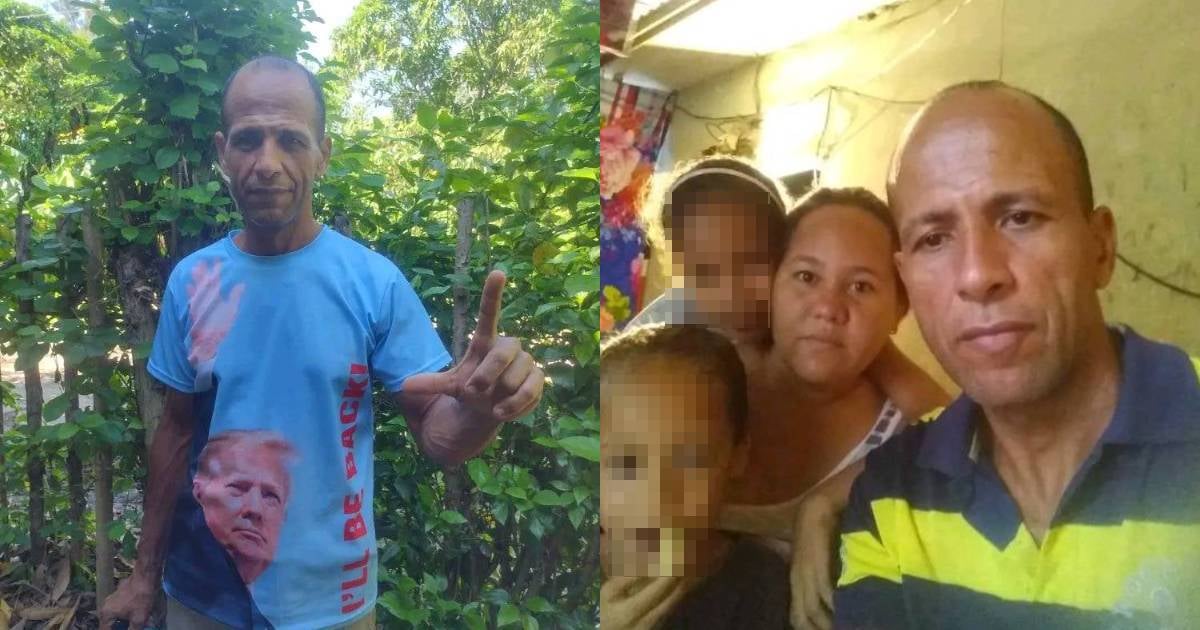The Cuban Prosecutor's Office has demanded a decade-long imprisonment for Alexander Verdecia Rodríguez, an activist affiliated with the Patriotic Union of Cuba (Unpacu) in Río Cauto, Granma province. His alleged crime: posting criticisms of the Cuban government on social media. This case has sparked outrage both domestically and internationally, highlighted by his wife, Eliannis Villavicencio Jorge, who shared a segment of the prosecutor's document on social media outlining the severe sentence.
"We are utterly shocked by this harsh penalty. In Cuba, thinking differently is deemed worse than taking a life. This innocent man is being treated as if he were a murderer or a criminal, merely for requesting freedom and better living conditions," stated his wife in a heartfelt post.
Imprisoned for "Speaking Out"
Alexander Verdecia was apprehended on February 6, 2025, by Cuba's political police, accused of making posts that allegedly "threaten the constitutional order." Since his arrest, he has been held in Las Mangas provincial prison in Bayamo. José Daniel Ferrer, Unpacu's national leader, condemned the arrest as arbitrary, citing it as part of a broader repressive campaign against opposition activists amid growing public discontent over economic hardships and lack of civil liberties on the island.
"He is jailed for sharing critical views on social media and for attempting to travel with other activists to Unpacu's headquarters in Santiago de Cuba. He hasn't committed any crime," Ferrer told CiberCuba.
Is It a Crime to Express an Opinion?
Alexander Verdecia's situation highlights once again the Cuban regime's use of the penal system to suppress political dissent. International bodies, including Amnesty International and Human Rights Watch, have repeatedly criticized Cuba's Penal Code for criminalizing free speech, especially in the digital realm.
The request for a 10-year sentence starkly contrasts with punishments for serious crimes like theft or assault, which often receive lighter sentences. The message from the authorities is unmistakable: words can be deemed a threat when they challenge established power.
Unpacu and Verdecia's family are demanding his immediate release, urging the global community to shed light on the plight of Cuban political prisoners, whose numbers have surged following the July 11 protests and escalating digital repression.
Understanding Cuba's Repressive Legal Actions
Why was Alexander Verdecia arrested?
Alexander Verdecia was detained for allegedly posting content on social media that authorities claim threatens Cuba's constitutional order.
What is Unpacu's role in this situation?
Unpacu, the organization with which Verdecia is affiliated, is actively advocating for his release and raising awareness about the increasing number of political prisoners in Cuba.
How has the international community reacted?
International human rights organizations like Amnesty International and Human Rights Watch have condemned the use of Cuba's legal system to penalize free speech and political dissent.
